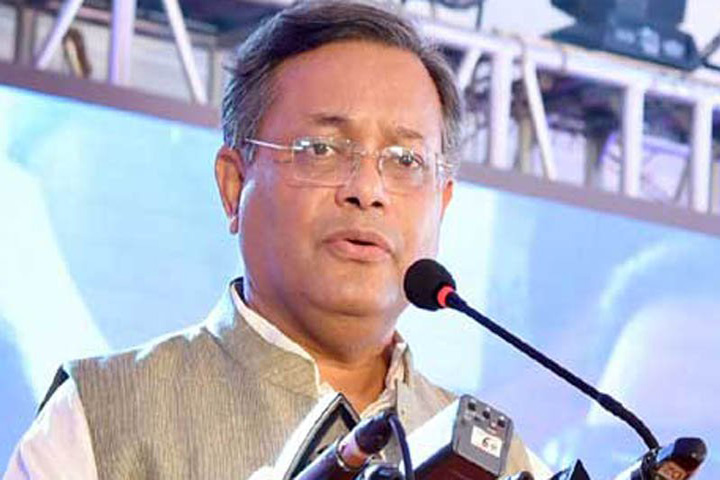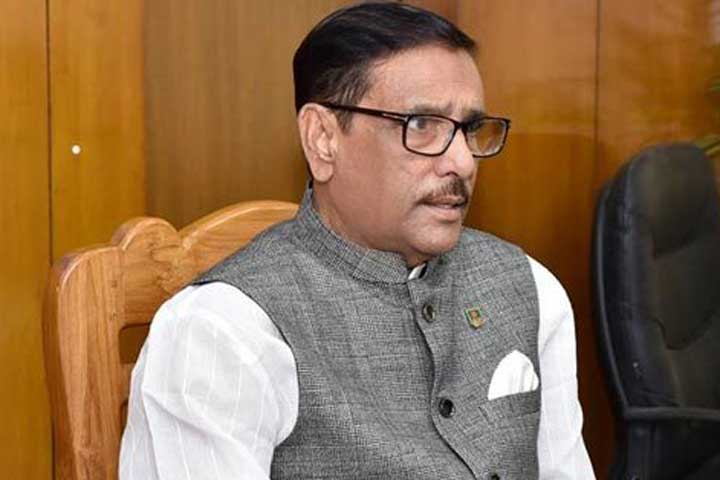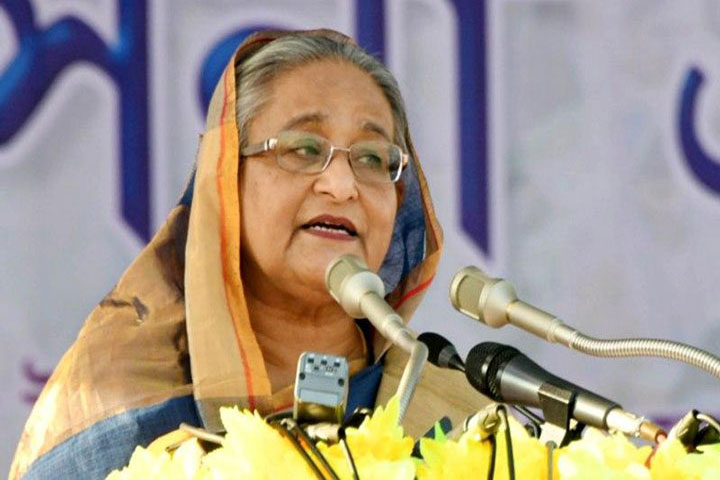India announces 3rd negative arms import list, Rajnath cites Huawei & warns against security breaches
India on Thursday announced its third negative arms import list of 101 more products in the ongoing drive to bolster domestic defense production, with defense minister Rajnath Singh warning that import of weapon systems with foreign software codes can lead to security breaches.
Releasing the third “positive indigenization list”, Singh stressed the need to crank up indigenous development of weapon systems, platforms, technologies and ammunition to reduce strategic vulnerabilities and ensure “uninterrupted supplies during wars”.
The new list includes some big-ticket products like lightweight tanks, mounted artillery gun systems, naval utility helicopters, and some kinds of drones, medium-range anti-ship and anti-radiation missiles, the imports of which will be progressively banned from December 2022 to December 2027.
Citing the example of stringent US action against Chinese telecom giant Huawei on national security grounds, Singh said: “Today, the scope of defense is not limited to borders only. Anyone can now break into a country’s security system with the help of different communication methods. No matter how strong the system is, if it is linked to another country, there is a possibility of a security breach.”
“Earlier, equipment such as tanks, howitzers and helicopters were mainly mechanical in nature. It was not possible to control them. But newer defence systems and platforms are electronic and software intensive. They can be controlled or subverted from anywhere,” he added.
The third list of 101 items, which adds to the 209 products identified earlier in the first two lists in 2020 and 2021, also includes next-generation offshore patrol vessels, naval anti-drone systems, MF-STAR warship radars, advanced lightweight torpedoes, extended range rockets, land-based loitering munitions and medium-altitude long-endurance UAVs (unmanned aerial vehicles).
But much like the first two lists, the third one also includes many products that are already in the process of being manufactured in India or are in the R&D or trials phase, negating the need to import them.
Acknowledging this, an MoD official said, “The third list lays special focus on equipment and systems which are being developed and are likely to translate into firm orders in next five years. Like the earlier lists, import substitution of ammunition which is a recurring requirement has been given special emphasis this time too.”
India may have gradually reduced weapon imports over the last several years but it still remains the world’s largest arms importer, accounting for 11% of global arms imports. The fledgling domestic defence industrial base requires DRDO, defence PSUs and ordnance factories to pull up their socks as well as much larger participation from the domestic private sector and global majors setting up production facilities in India.
The government has set an ambitious target of increasing indigenous military procurement from the existing $10 billion to $20 billion by 2025, as well as increasing defence exports to $5 billion by then.
Singh, on his part, said the MoD as well as the armed forces will take all necessary steps, including “handholding of the industry” to create an ecosystem that ensures self-reliance and encourages exports.
Contracts worth Rs 54,000 crore have been inked for domestic defence procurements since the announcement of the first two lists, with orders worth another Rs 4.5 lakh crore expected over the next five to seven years, he added.
The DRDO, in turn, has pitched in to strengthen domestic manufacturing by signing 30 new transfers of technology (ToT) agreements with 25 industries. At the event, Singh handed over the agreements for 21 technologies, which included counter-drone systems, laser directed energy weapons, quantum random number generators, high-explosive materials and anti-mine boots.
“The 3rd positive indigenization list reaffirms the government’s unwavering trust on the capability of the Indian defense industry. The three lists provide a shot in the arm to the domestic defence industry to realize the PM’s Aatmanirbhar vision to build a strong India and attain strategic independence in foreign policy - a much desired aim for all nations in the current global geopolitical situation,” said Jayant Patil of the Society of Indian Defense Manufacturers (SIDM).
Source: The Times of India
09 Apr 2022,17:17




















 Live Tv
Live Tv







